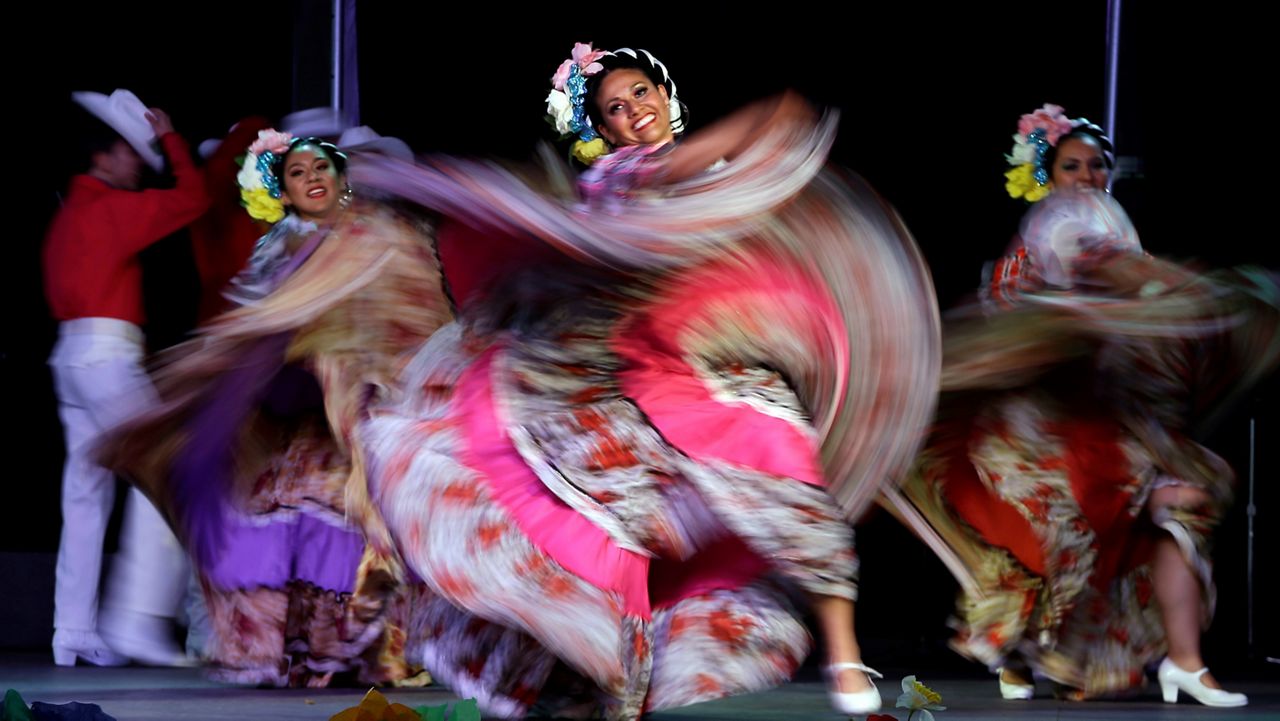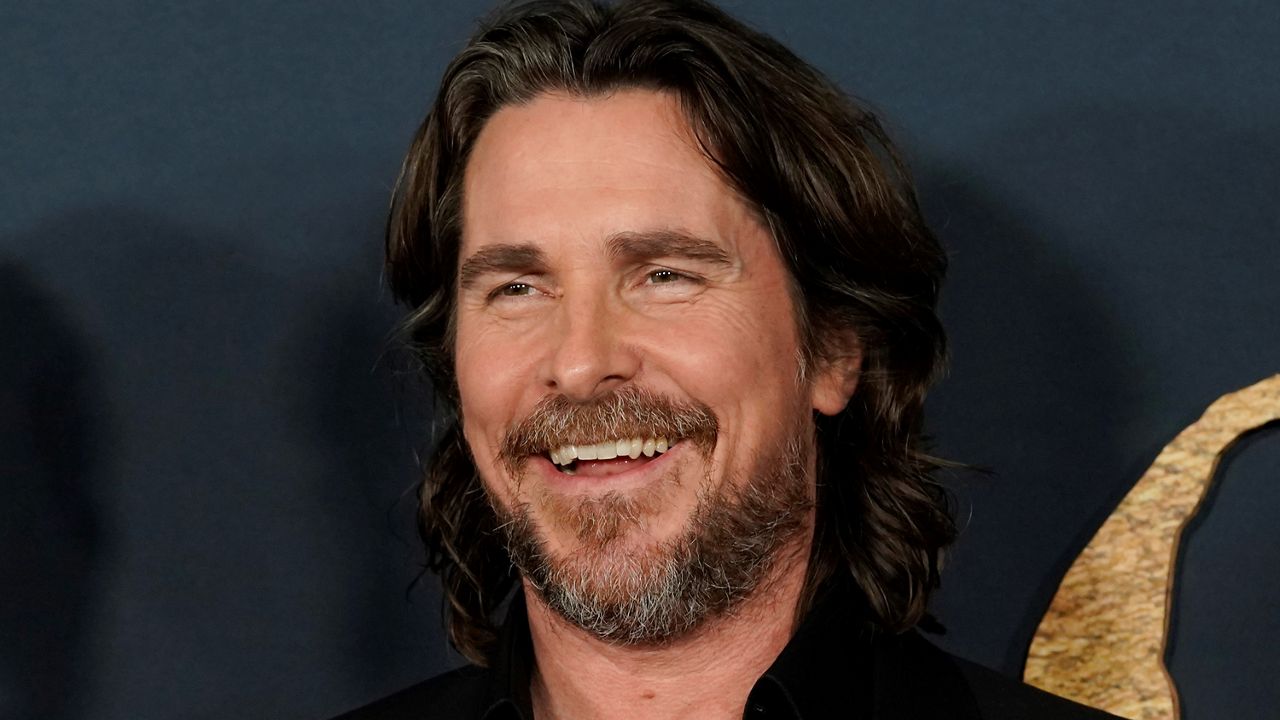LOS ANGELES — "Forbidden To See Us Scream in Tehran," a short film by Iranian director Farbod Ardebili, is just a slight glimpse of some of the challenges women face in Iran, with a focus on the hindrances faced by musicians in particular.
Ardebili fled his native country and moved to Los Angeles so he could freely document those struggles.
What You Need To Know
- "Forbidden to See us Scream in Tehran" is an Oscar qualifying short film by Iranian director Farbod Ardebili
- Ardebili directed the film through WhatsApp, while the cast and crew filmed discretely in Iran
- The film explores the experiences musicians face in Iran, particularly women, who are prohibited to sing publicly
- Ardebili hopes his films will help bring true change to his native country
"I decided to make the film in Iran, and I directed through WhatsApp from here," said Ardebili. "But the real owners of the film are the brave people in Iran who shot the film in the streets."
For women, singing publicly is illegal in Iran. Ardebili, who is a musician himself, wanted to show the world the depths of that pain. He has also experienced his own forms of suppression.
"I know what it is to be silenced," he said. "I was silenced for decades. I couldn’t make the movies I wanted to make. I had a metal band. We were not allowed to release our album, put on concerts or sell tickets."
That's why making music and movies means so much to Ardebili, who added that he cherishes his freedom and stands as an ally with his Iranian sisters.
Grandmaster Ladan, an advocate for women's rights and a Persian refugee herself, says the Iranian government has gone too far.
"We are women, but we are human, we are human," she said. "We should have our rights, human rights. It doesn’t matter if we want to sing, if we want to ride a bike, if we want to play soccer outside, whatever we want. We should have the right. We are raising kids, why are they trying to limit us?"
Ardebili’s film is qualified to be considered for the 2022 Oscars. He hopes the film will bring more accountability and change for his country.
"That’s my main purpose, to tell stories and, maybe, be a voice to the voiceless."











